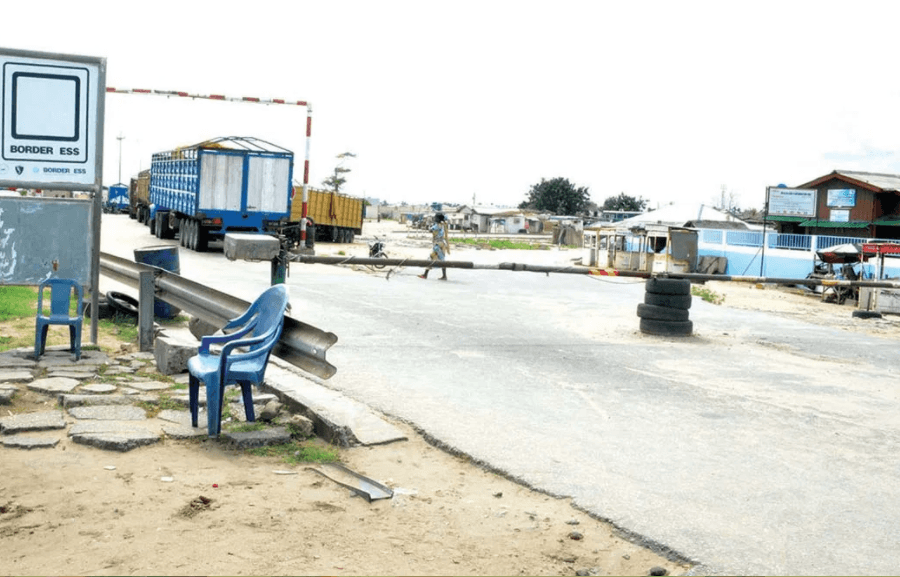Keeping borders closed to halt the spread of COVID-19 is unsustainable, the World Health Organization (WHO) said on Monday, urging countries to adopt comprehensive strategies based on local knowledge of where the virus is spreading.
Border closures and travel restrictions remain an important part of many countries’ strategy to combat the novel coronavirus.
At the same time, rising cases in a range of countries in Europe and elsewhere that had loosened measures after appearing to get their outbreaks under control have spurred discussions of possible fresh border closures.
But WHO warned that such measures can not be kept up indefinitely, and are also only useful when combined with a wide range of other measures to detect and break chains of transmission.
“Continuing to keep international borders sealed is not necessarily a sustainable strategy for the world’s economy, for the world’s poor, or for anybody else,” Michael Ryan, WHO emergencies director, told journalists in a virtual briefing.
“It is going to be almost impossible for individual countries to keep their borders shut for the foreseeable future,” he said, pointing out that “economies have to open up, people have to work, trade has to resume.”
He acknowledged that when it comes to COVID-19, it is impossible to have a “global one size fits all policy” because outbreaks are developing differently in different countries.
While countries with rampant community transmission may need to use the blunt instrument of lockdowns to gain control of the situation, others should be burrowing down to get a clear overview of where and how the virus is spreading at a local level.
They should be prepared to tighten or loosen measures accordingly, he said, warning against “releasing pressure” on the virus, which has killed some 650,000 people and infected 16.3 million worldwide.
AFP
